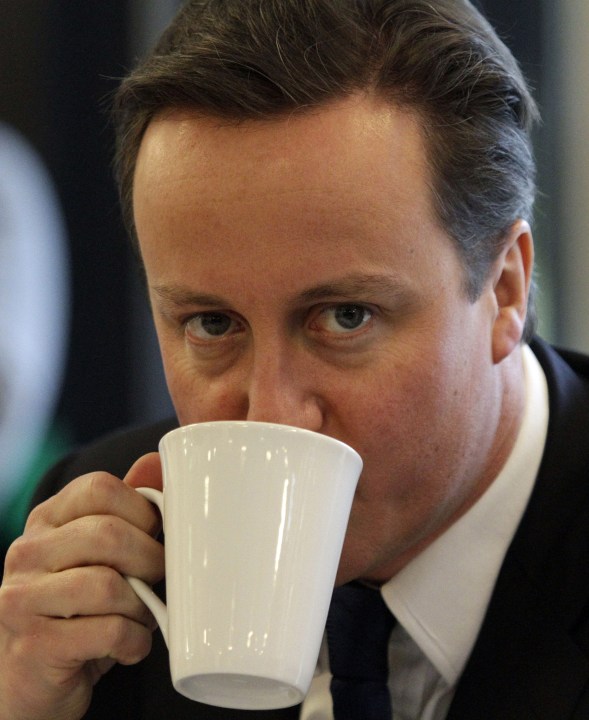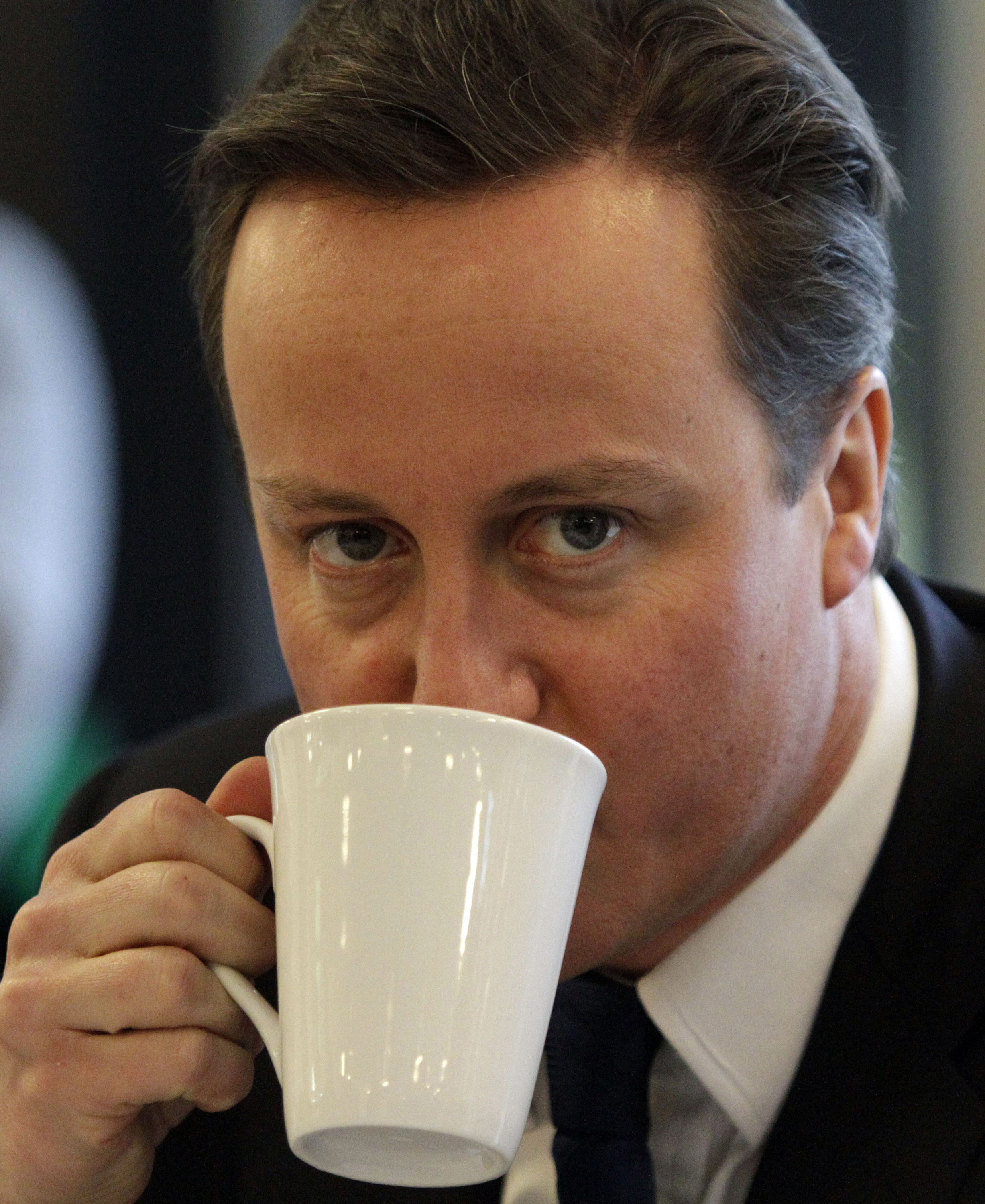 In his Telegraph column today, Ben Brogan asks one of the most important political questions of all: do the Tories have a plan for dealing with the mess they face in government? They talk tough on debt and spending, for sure, but the details are still kinda lacking. Is there anything behind the rhetoric? And, if there is, will they pull it off?
In his Telegraph column today, Ben Brogan asks one of the most important political questions of all: do the Tories have a plan for dealing with the mess they face in government? They talk tough on debt and spending, for sure, but the details are still kinda lacking. Is there anything behind the rhetoric? And, if there is, will they pull it off?
Of course, the only proper answer is: let’s wait and see. The proof of this particular pudding will come in the event of a Conservative election victory and, then, in the Emergency Budget that George Osborne has pencilled in for June or July. On that front, one senior Tory tells Brogan that they’re ready to set their phasers to radical – but only after the election: “We are Thatcherites, we are ready to take difficult decisions, but we can’t say it publicly in case nobody votes for us.”
But, even if that’s the plan, another passage from Brogan’s article suggests that not all of shadow Cabinet are up to speed:
“Ask around Westminster, and you will be hard-pressed to find a Tory frontbencher who offers the faintest suggestion of what a 17 per cent cut might look like. One member of the shadow cabinet, whose department faces swingeing cuts, whispers confidently that he will be spared.”
As I’ve said before, keeping his ministers on side with the cuts agenda promises to be one of Prime Minister Cameron’s biggest organisational problems. There’s something in those red boxes which just whispers spend, spend, spend…
Which brings us more or less neatly to Paul Waugh’s post about a leaked Foreign Office memo which tells the department’s staff to “work up contingency plans for substantial cuts”. This chimes with much of the radio chatter you pick up around Whitehall. Civil servants aren’t just talking about 17 percent cuts – but 20, 25, 30 percent. And they’re making plans accordingly.
This civil service preparedness could, potentially, be a huge boon for the Tory leadership. It may not, by itself, ensure that sufficiently deep cuts are implemented. But it will make it more difficult for ministers to think that they can chuck austerity out the window.







Comments